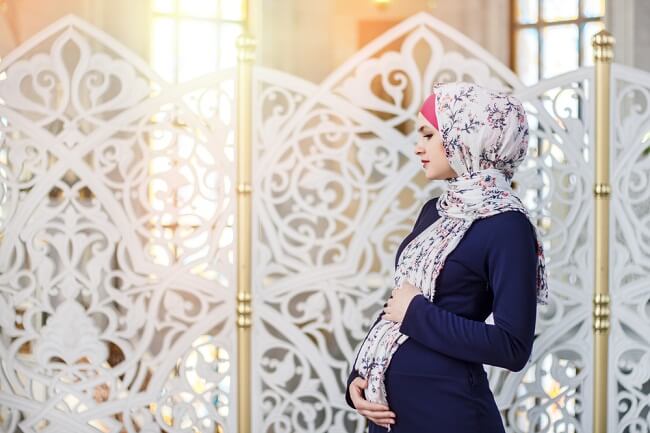Babies born prematurely or prematurely experience many challenges in their early life. Not only that, there is also a risk of impaired growth and development of premature babies that must be watched out for.
Premature birth is a birth that occurs prematurely. In other words, premature babies are born before 37 weeks of gestation. Premature babies, especially those born very early, are at high risk of developing health problems. However, it is now known that almost all premature babies, including those born at 34 to 36 weeks, are equally at risk.

Calculating the Age of a Premature Baby
The rate of growth and development of each child is different, both in babies born normal or premature. However, there are benchmarks for normal growth and development that parents should know. For the growth and development of premature babies, most pediatricians advise to measure with age adjustment.
Age adjustment is done by calculating the distance between the birth age and the actual due date (HPL), then subtracting the baby's age from the number obtained. For example, a four-month-old baby who is born 8 weeks early, then his growth and development must be adjusted to the age of 4 months minus 8 weeks. Then it will be known the actual age of the baby is 2 months. So that the benchmark for baby development that we follow is a 2 month old baby. If the premature baby is 12 months old, then the growth and development is adjusted to the age of 12 months minus 8 weeks.
Developmental Disorders in Premature Babies
There are several risks of long-term developmental disorders of premature babies to watch out for, including:
- Hearing and sight
Premature babies are also at risk for retinopathy of prematurity, a condition that causes blood vessels to swell and cause abnormalities in the nerve layer in the retina of the eye. This can lead to detachment of the retina from its normal position which, if not treated properly, can lead to blindness.
- Language skill
However, it does not mean that all premature babies will experience developmental disorders in language and speech skills. An important step that can be anticipated is to monitor the progress of growth and development and consult a pediatrician for further treatment.
- Psychomotor and behavior
Research in schools compared children aged 7-8 years who were born before 32 weeks of gestation with children of the same age who were born normally. The results showed that children who were born prematurely experienced more motor problems, even though their intelligence levels were normal.
In addition, babies born prematurely have a tendency to behave hyperactively, more impulsively, easily distracted, less organized, and less diligent. Likewise, the risk of premature children experiencingattention deficit hyperactivity disorder (ADHD) higher than normal born children.
- Cognitive ability
Studies indicate that children who are born prematurely, have a risk of experiencing learning disorders during elementary school age. Some of the problems faced include interference with using language as a way of expression, difficulty focusing attention, and also weaknesses in visual motor and visual spatial intelligence.
- Emotional development
According to a study, adolescents born before 29 weeks of pregnancy had more emotional problems with their parents, teachers, and peers. Children born prematurely are also at higher risk of being difficult to adapt to the environment, and dealing with stress.
To minimize the risk of impaired growth and development of premature babies and maximize their growth and development, do regular check-ups with a pediatrician.









